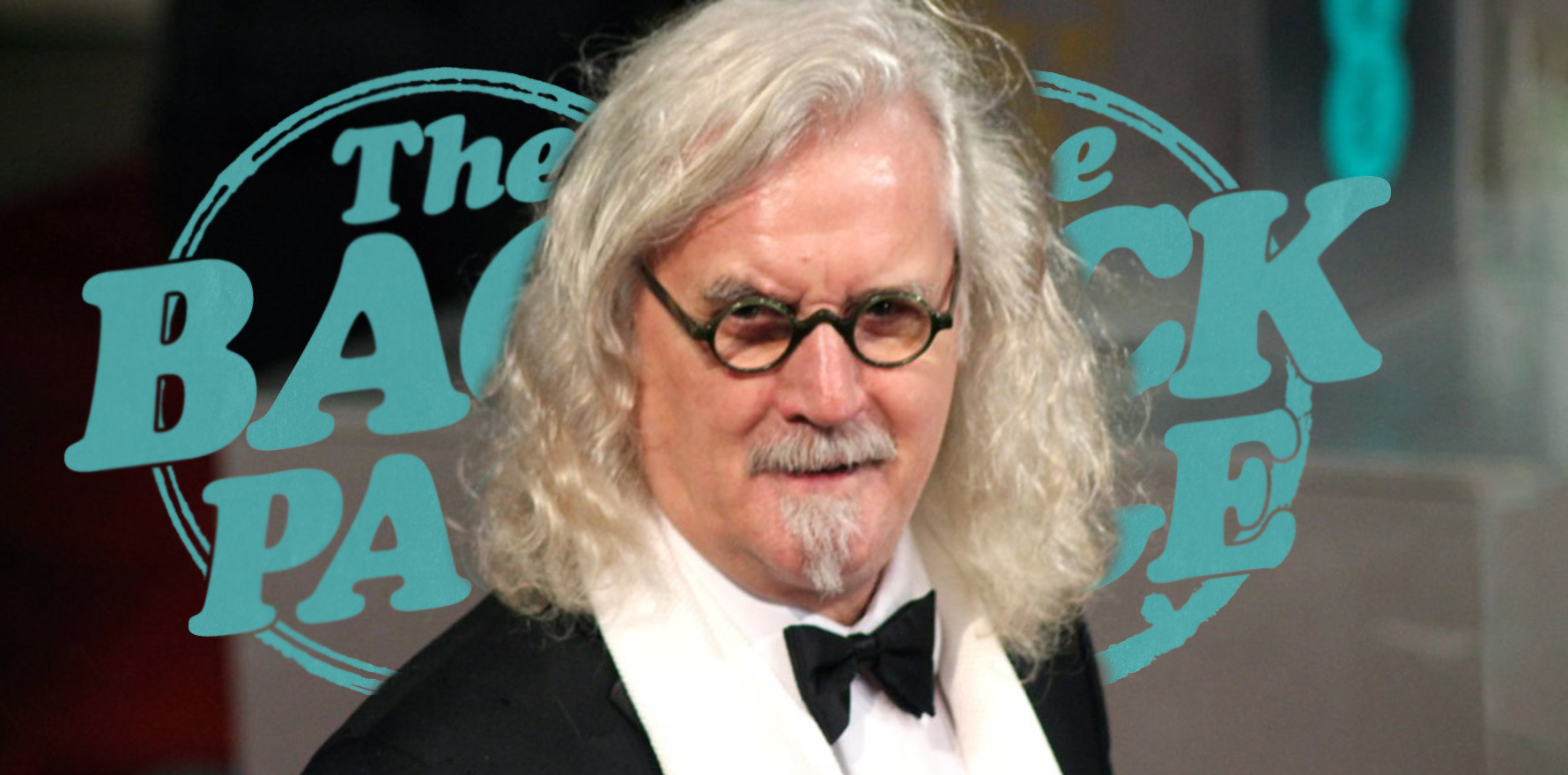Analysing changes to speech patterns may hold key to early detection.
One of your Back Page correspondent’s favourite comedians is Billy Connolly.
Sadly, the Scottish raconteur can no longer perform live shows due to the debilitating effects of Parkinson’s disease.
But like so many aspects of the comedian’s life, how he came to discover he had the disease is quite an interesting story.
In a nutshell, a chance encounter by Connolly with a fan in a hotel lobby back in 2014, resulted in an early detection which has undoubtedly improved the disease management and subsequent quality of life for the comedian.
The fan happened to be an Australian orthopaedic surgeon who, having had a convivial chat with Connolly, observed the comedian’s strange gait as he walked away and felt compelled to tell him of his suspicions of possible Parkinson’s disease.
Not everyone is likely to experience such random good fortune, which is why research by a team of engineers and neurologists led by RMIT University in Melbourne is also quite interesting.
They believe they have developed a screening test app that uses people’s voices to detect possible Parkinson’s disease with an accuracy rate of between 80 and 90%.
According to their paper in the IEEE Journal of Translational Engineering in Health and Medicine, their smartphone app, which is powered by artificial intelligence, can record a person’s voice and in just 10 seconds reveal whether that person has Parkinson’s disease and should be referred to a neurologist.
The degenerative brain condition can be difficult to diagnose because its symptoms can manifest themselves quite differently among various people.
However, the voice of people with Parkinson’s disease changes because of a combination of three symptoms: rigidity, tremor and slowness (known as bradykinesia). Clinicians can identify these symptoms, but this assessment can be challenging due to the large natural differences in people’s voices.
Lead researcher Professor Dinesh Kumar, from RMIT’s School of Engineering, told media that previous attempts to develop a computerised voice assessment to the condition had been inaccurate due to these vocal variations.
“As part of our research, we used voice recordings of people with Parkinson’s and a controlled group of so-called healthy people saying three sounds – A, O and M – which is similar to the Hindu meditation chant,” Professor Kumar said. “These sounds result in a more accurate detection of the disease.”
The researchers hope the technology, which can also be used to detect covid severity in patients using the same voice-change principles, may eventually be used for nationwide Parkinson’s screening programs thanks to its low cost and ease of use.
But larger studies and clinical trials will be needed first, so such a program would appear to a long way off.
Still it seems well worth pursuing, since we can’t all expect to be as lucky as Billy Connolly.
If you’ve detected something early, tell penny@medicalrepublic.com.au.


